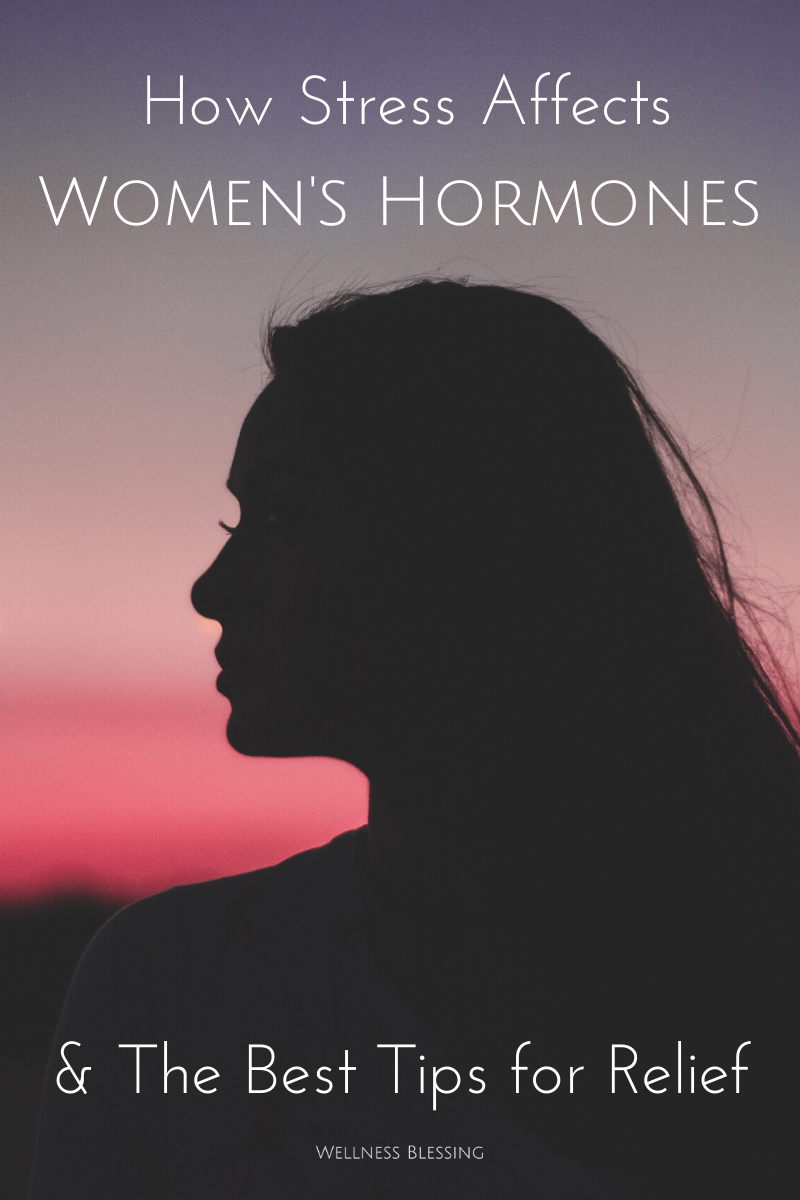How Stress Affects Women’s Hormones Plus & The Best Tips for Relief
Stress is the biggest threat to women’s health and wellbeing today.
It is the #1 cause of illness and the leading reason for over 70% of primary care physician visits.
Stress impacts women more than men, and women manifest more physical and emotional symptoms from the effects of stress, resulting in menstrual challenges, depression, anxiety, insomnia, digestive issues, loss of libido, and much more.
Stress can especially affect women’s health, fertility, and emotions, as our reproductive systems are regulated by the signals our hormones send out.
High levels of stress, or ongoing stress, can impact women’s health and wellbeing in many ways.
Stress can affect women’s health by causing:
Headaches and migraines
Muscle tension and pain
Depression and anxiety
Heart problems
Digestion upsets
Overeating and obesity
Irregular periods
Increased PMS
Severe menstrual cramping
Low libido
Infertility issues
When we are stressed, our bodies create high levels of stress hormones, such as adrenaline, cortisol, and prostaglandins, which can alter our menstrual cycles, delay ovulation, and cause increased inflammation in the whole body.
However, we also have hormones that make us feel good by decreasing our stress levels and increasing positive feelings.
Through taking action to enhance our happy hormones, we can support our whole health and wellbeing.
Oxytocin: The Love Hormone
Oxytocin is a special hormone that men and women make in our bodies when we feel love, bonding, and connection.
For example: when snuggling, hugging, cuddling, and kissing we get a boost of oxytocin levels that makes us feel safe, relaxed, and blissful.
This is because oxytocin is a direct antagonist to cortisol, our main stress hormone.
When we increase oxytocin, it causes our cortisol levels to decrease as a result.
While everyone makes oxytocin, women are able to experience peak amounts of this hormone in our life, such as through breastfeeding, birth, and orgasms.
Oxytocin is also enhanced by estrogen, the female sex hormone, and so effects women stronger.
We also have a higher need for oxytocin than men, due to the effects of stress impacting our bodies, hormones, reproductive cycles, immune systems, and fatigue more.
When we are deprived of oxytocin, we get cranky from the lack of love hormones and the rise of stress hormones!
Enhancing our oxytocin levels supports well-being, directly decreases cortisol, and enhances feminine health.
The more loving feelings you experience in life - whether through enjoying a delicious meal, taking a soothing bath, reading an inspirational book, or having a conversation with someone you trust - the greater your oxytocin levels, and the more calm one feels and carries forth into their life.
When we experience stress we can reduce it by engaging in caring activities or connecting with other women, which also creates oxytocin, the hormone of love. This is called the “Tend & Befriend” stress response that is unique to women, and causes our stress levels to decrease when we tend to others and befriend other women for support.
The greater the levels of oxytocin we have in our bodies, the less stress effects us, and the more we feel love, bliss, bonding, connection and health.
It's amazing how powerful rest and rejuvenation can be to our feminine health and wellbeing.
To be a successful women in the modern world filled with increased stress and demands, we must even more deeply embrace the wisdom of natural health for women’s wellness.
It's time to recognize the necessary nature of love for women’s wellbeing.
Stop stress by prioritizing rest, connection, self-care, and love!
Get out into nature, go for a walk, do relaxing activities that make you calm and happy, and spend time with the one’s you love.
The more we focus on LOVE the less stress effects us.
Many blessings,
Kara



